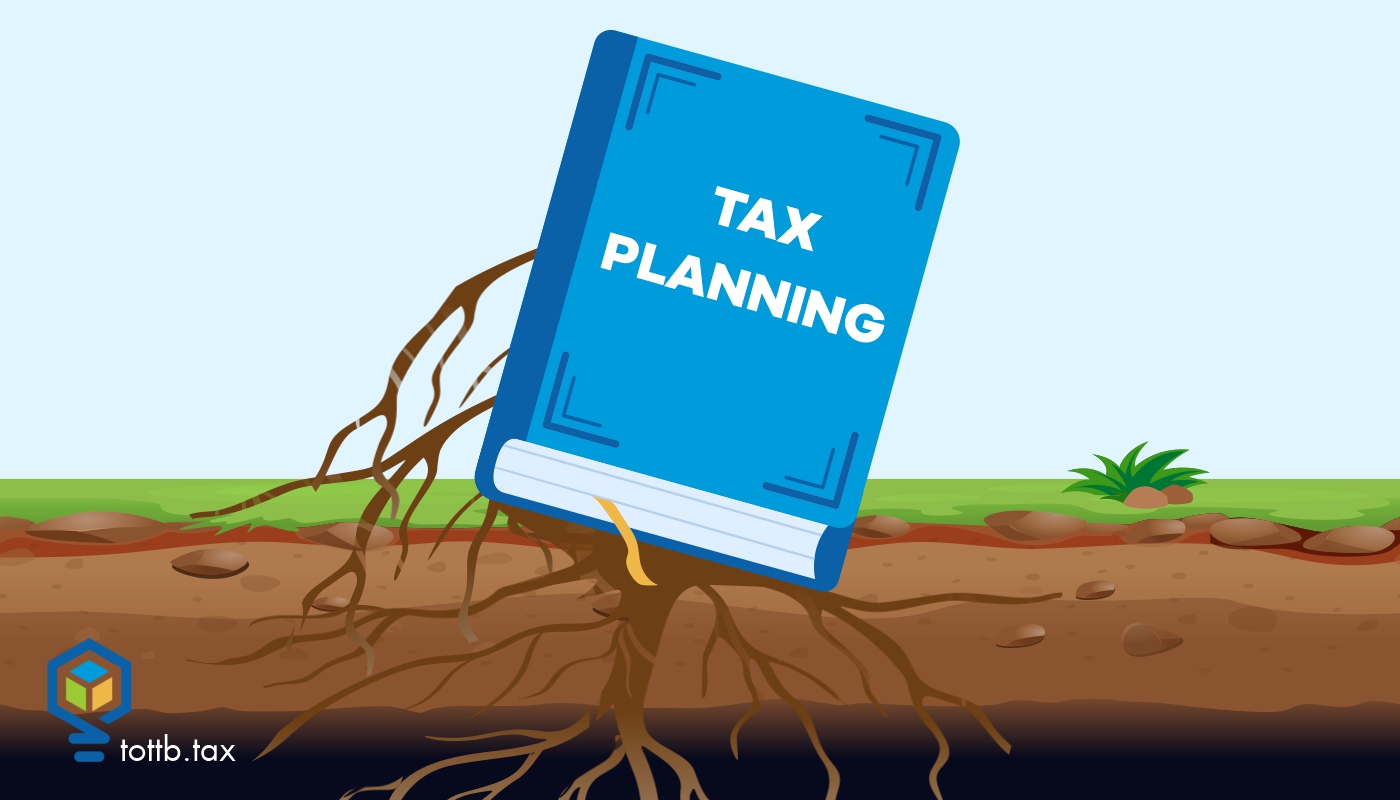LOOKING FOR LEGAL WAYS
TO REDUCE TAX?
New tax reduction strategies carefully explained and exhaustively researched every two weeks. Receive breaking news updates on tax law changes. Members only monthly AMA with TOTTB.tax.
WE PUBLISH TAX STRATEGIES FOR…
FEATURED CONTENT
Mitigating Risks: A Roadmap for Withdrawing Employee Retention Credits or Filing Income Tax Returns for Clients Who Have
Just in – the IRS dropped a hot alert about the Employee Retention Credit (ERC), and it's time to pay attention . With the March 22, 2024, deadline creeping up for the ERC Voluntary Disclosure Program, it's crucial for those who mistakenly filed a claim to take action. This program lets businesses repay just 80% of the claimed amount, so it's a chance to make things right. If your clients filed a claim that's still in the pipeline, it's time for a double-check. Review the guidelines ASAP and withdraw the claim if it doesn't pass muster.
Read MoreCURRENT EDITION

The Benefits Your Military Veteran Clients Aren’t Using (And Why That’s a Planning Problem)
Why aren’t more veterans using the benefits they’ve earned? Part of the problem is awareness, and part of it is discomfort (for both veterans and advisors). After all, veteran benefits are rooted in service-connected health and trauma, placing them in a category that often feels more personal than financial. That alone can deter veterans from discussing their disability compensation and keep advisors from broaching the subject altogether. The result is financial plans that look optimized on paper but are built on incomplete assumptions and missed opportunities – opportunities that have been more than earned.

Start the Year Right: Your WISP Doesn’t Have to Be a Tax Season Nightmare
The mere mention of a WISP makes most tax professionals want to suddenly lose their internet connection. It sounds bureaucratic, technical, and deeply unfun. But here’s the good news: creating and maintaining a WISP does not have to feel like a compliance root canal. And ignoring it can turn into something far worse than an IRS audit. Let’s talk about why you need one, what it’s actually supposed to do, and how to get it done without wrecking your sanity in the middle of filing season.

Fleeing High Tax States And The Stickiness Of Domicile
Part of preparing to leave a high state tax is facing up to the fact that the tax collectors of high-tax states can be kind of clingy. There is more to changing your residence for tax purposes than simple steps like a new driver’s license and a change in voter registration.
SIMPLIFIED TAX STRATEGIES &
PRACTICAL IMPLEMENTATION
Think Outside the Tax Box provides tax reduction strategies along with practical
implementation advice in order to reduce your clients’ federal tax bill with ease.







